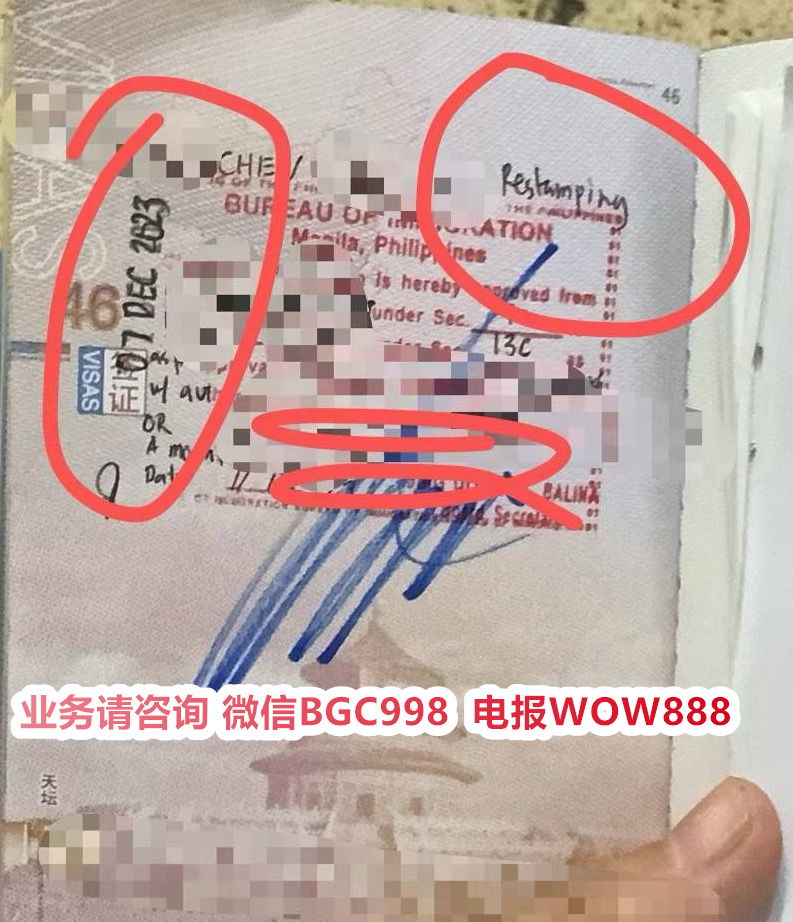Can a Philippines marriage visa (13A) holder buy life insurance in the Philippines?

Can a Philippines marriage visa (13A) holder buy life insurance in the Philippines?
Yes, a Philippines marriage visa (13A) holder can purchase life insurance policies in the country. Since the visa grants permanent residency, insurance companies treat foreign spouses as long-term residents rather than short-term visitors, making approval easier. With an Alien Certificate of Registration (ACR I-Card), valid ID, and proof of address, a foreign spouse can apply for individual or family coverage. Some providers may also consider international plans if the applicant has income or ties abroad. Life insurance is especially valuable for mixed-nationality couples, as it ensures financial protection for the Filipino spouse and children in case of unexpected events. Additionally, being a permanent resident allows the 13A holder to pay premiums locally and enjoy benefits in Philippine-based hospitals and institutions. This access gives families peace of mind and further highlights the practical advantages of securing long-term residency under the 13A marriage visa program.
Can a Philippines marriage visa (13A) holder apply for a driver’s license conversion?
Yes, once a foreign spouse has secured a Philippines marriage visa (13A), they can convert their foreign driver’s license into a Philippine driver’s license through the Land Transportation Office (LTO). This process is much simpler than for tourists, as permanent residency provides proof of long-term settlement. The applicant must present a valid foreign license, ACR I-Card, passport, and medical certificate. After approval, the foreign license can be directly converted without requiring extensive driving tests, unless the license has expired. Having a local driver’s license makes daily living easier, from renting cars to opening vehicle insurance. More importantly, it allows foreigners to legally drive without the constant need to carry their foreign documents or worry about expiration while residing in the Philippines. This convenience is a small but impactful benefit of the 13A visa, helping foreign spouses integrate smoothly into Philippine society.

Can a Philippines marriage visa (13A) holder become a guarantor for their spouse?
Yes, a foreign spouse with a Philippines marriage visa (13A) may serve as a guarantor or co-signer for loans, rentals, or financial agreements in the Philippines. Residency status shows that the individual has a legal and permanent presence, giving banks, landlords, and companies greater confidence in their commitments. While land and property ownership may still have legal restrictions, financial support roles such as co-signing for a housing loan or vehicle financing are permitted. In fact, many couples strengthen their applications when the foreign spouse’s income or assets are considered. Having a 13A visa makes these processes easier because it assures institutions that the foreign spouse is not a transient visitor but a permanent member of the community. This opens more opportunities for joint financial planning and stability for the family. Without 13A residency, a foreign spouse may struggle to meet requirements for such responsibilities.

Can a Philippines marriage visa (13A) holder work in government institutions?
Generally, no. A Philippines marriage visa (13A) holder has the right to live, study, and work in the Philippines without an Alien Employment Permit, but employment in government institutions is usually restricted to Filipino citizens. This includes civil service roles, military positions, and other public offices that require citizenship as a prerequisite. However, a 13A holder may work in semi-government organizations, NGOs, or as consultants on government projects, depending on their expertise. They may also partner with government programs in community development, especially if the involvement is non-political. For most professional and private sector employment opportunities, the 13A visa ensures complete legal freedom to work. But for government service, foreign spouses would typically need to apply for naturalization and citizenship to qualify. This distinction emphasizes that while the 13A visa grants many rights, certain privileges remain reserved for citizens only.
Can a Philippines marriage visa (13A) holder inherit property in the Philippines?
Yes, a foreign spouse with a Philippines marriage visa (13A) can inherit property from their Filipino spouse, but with limitations. The Philippine Constitution restricts land ownership to citizens, so while a foreign spouse cannot directly buy land, they may inherit it legally through succession. However, inheritance laws specify that the foreign spouse may hold the property temporarily and must transfer ownership to a qualified heir, such as their Filipino children, within a reasonable time. On the other hand, non-land assets such as houses, vehicles, bank accounts, and businesses can be fully inherited without restriction. Having a 13A visa helps in these cases, as it proves legal residence and strengthens claims during probate proceedings. This provision provides security for mixed-nationality families, ensuring that the foreign spouse is not left without support while also preserving land ownership for Filipino heirs.
Can a Philippines marriage visa (13A) holder participate in cooperative memberships?
Yes, a foreign spouse with a Philippines marriage visa (13A) may join cooperatives, associations, and community-based organizations, provided that their by-laws allow non-citizen members. For example, agricultural or housing cooperatives may accept permanent residents as contributors or beneficiaries. Membership offers practical advantages such as access to group savings, shared resources, and even affordable housing schemes. Being part of a cooperative also allows the foreign spouse to integrate more deeply into local communities, fostering stronger ties with Filipino neighbors. While some cooperatives limit voting rights to citizens, 13A holders can still enjoy economic and social benefits. Participation in cooperatives demonstrates the inclusivity of Philippine society toward permanent residents, recognizing their contribution to community growth. This opportunity reflects how the 13A visa goes beyond just legal residency—it opens doors for real social belonging and integration.
Can a Philippines marriage visa (13A) holder face restrictions if the marriage ends?
Yes, the validity of the Philippines marriage visa (13A) depends on the existence of a genuine and continuing marital relationship. If the marriage ends through annulment, legal separation, or death of the Filipino spouse, the 13A visa may be subject to cancellation. However, in cases where children are involved, the Bureau of Immigration sometimes considers special humanitarian circumstances to allow the foreign parent to stay, especially if they have custody. If the marriage dissolves without children, the foreign spouse must apply for another type of visa, such as a work visa, retirement visa, or investor visa, to maintain residency. This shows the importance of the 13A’s foundation—it is granted on the basis of marriage to a Filipino citizen. Couples are therefore encouraged to maintain transparent records and ensure their relationship remains valid in the eyes of the law to protect long-term residency rights. ★
针对以上话题您是否想了解更多?欢迎联系我们咨询
English/Tagalog Inquiries:
WeChat: dpylanayon
Telegram: @Diadem_Pearl
EMAIL: dplanayon.royalewonders@gmail.com
VIBER: +63 939 526 6731 / +63 917 652 3432
WhatsApp / PHONE: +63 917 652 3432
中文咨询
微信:BGC998 电报 @BGC998 或 微信:VBW333 电报 @VBW777
菲律宾998VISA是菲律宾MAKATI实体注册公司,在菲律宾已有超过19年服务经验,客户隐私安全保护服务可靠,业务提交可安排工作人员上门取件或前往我们办公室提交。菲律宾政策时常变化,且信息发布有时间差,有需要相关业务最新资讯欢迎联系我们。
欢迎关注我们的电报 TELEGRAM 频道
998官方资讯频道 @FLBYM998
日常案例分享频道 @FLBYM998CASE